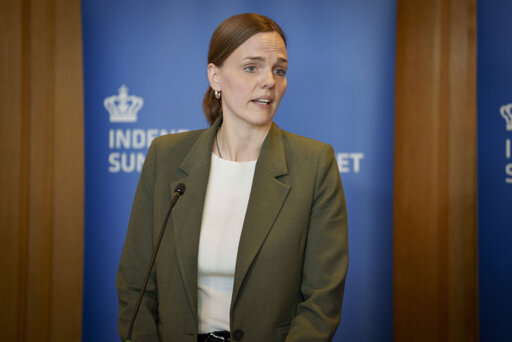From next month, Danish Digital Minister Caroline Stage plans to phase out the use of Microsoft and its programs.
Over the summer, half of the ministry’s staff will switch from Windows to another operating system, Libre Office. Caroline Stage aims to lead by example and test this transition herself.
The goal is for the ministry to be completely free of Microsoft by autumn. If the transition proves too complicated, they will revert temporarily.
This initiative is part of a broader strategy called “digital sovereignty,” aiming to reduce Denmark’s dependence on US-based tech giants.
Recent global events and debate around data protection have intensified calls for digital independence. Political parties, including Enhedslisten and Alternativet, support reducing reliance on American technology companies.



No, but there is evidence that the British secret services already tried to secretly force Apple into building a backdoor in their encrypted backups.
And they could do the same to Canonical, which also provides commercial services for big customers for management of their deployments and updates.
The important difference, though, it that Apple offer a service and release software that are black boxes that users and other interested parties cannot examine for backdoors and other issues.
Canonical release open source software, the vast majority of it actually put together by other parties (like volunteer Debian packagers) and whose checksums are verified, which the FLOSS community can go through with a fine tooth comb.
On a further note, while the Investigatory Powers Act and what the govt have been doing with it are very concerning, the very fact that we know about the Apple case and the recent XZ Utils backdoor have demonstrated/reminded us that large, well-funded, well-lawyered orgs in their jurisdiction are not the easiest target for intel agencies.
The true low-hanging fruit, the weakest links in the chain are small, understaffed, underresourced, underappreciated but crucial volunteer projects.
A. How many packages are there in a major Linux distro like Open SUSE? Thousands? Tens of thousands?
B. How many developers contribute to those programs and utilities?
C. How many people packages those programs and utilities?
D. How many people approve those packages for inclusion in the distro?
Add up A, B, C & D, and I suspect you end up with a very large number of people. Can Open SUSE (or any distro for that matter) guarantee that just because their distro’s HQ is in country X, that not one of those people is subject to the laws, pressures or inducements of country Y? E.g. how many packages in Open SUSE have some kind of involvement of someone in the UK subject to Investigatory Powers Act? It’s probably greater than zero.
So while there are benefits to the distro’s HQ being in Germany, I don’t think it’s a guarantee.
/TED talk
It’s just one less unnecessary risk you need to take (that your Distributor is acting in bad faith on the demand of a foreign government), there is no 100% certainty.
Also as a big state customer you can afford to paid for code audits and more developer resources.
Especially if you pool the costs over a huge base like the whole public sector in the EU. (The amount of money they pay for Microsoft Licensing would buy a huge amount of manpower)
Good points.